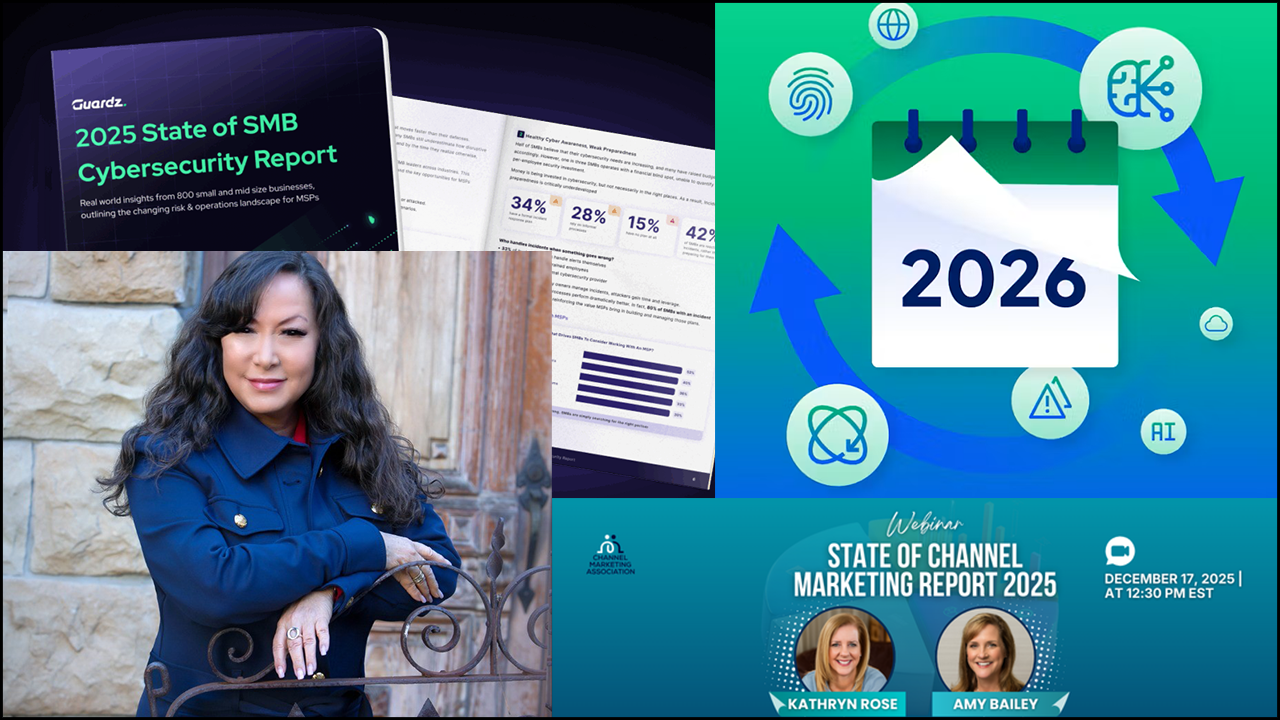Rick Norberg has big plans for his MSP when it comes to implementing business analytics.
The CEO of Vertikal6 said he expects it to drive efficiency internally, and he eventually plans to offer it as a service to meet the evolving needs of its clients. He would have liked to do it earlier, Norberg noted, but recent events forced him to reprioritize some business goals.

Rick Nordberg
“We are coming off the pandemic, which spurred tech wage inflation, high turnover, and a great deal of uncertainty in the marketplace, which was a distraction from many higher-level evolutionary tasks.”
Norberg is one of many MSPs for whom adopting business analytics is still aspirational. Despite the potential benefits — including enhanced customer service and profitability — many still are slow to adopt it.
Part of the problem, according to Eric Anthony, is lack of time. MSPs spend much of their day putting out fires, so strategic moves often take a backseat, said the director of MSP community and enablement at Egnyte, a vendor of multicloud content security and governance.
Size is another obstacle. While large companies can dedicate a whole team to analytics, most MSPs are small businesses with limited staff. “There just aren’t a lot of business analytics tools focused at the small to medium-sized business,” Anthony said.
That said, changes are coming, he said. Generative AI tools will make it easier for providers to extract actionable insights from business data.
“There’s a big opportunity for AI to change how small businesses can actually use analytics,” Anthony said. “The business owner is typically the one who would need that information but they don’t have time to compile it or, more importantly, interpret it. AI’s ability to interpret the data is going to drive the usefulness of those analytics to the small and medium-size business.”

Eric Anthony
Measurable Benefits
Once they implement business analytics, MSPs can derive significant value from their data.
“[As an MSP], the first metric I started charting was monthly recurring revenue,” Anthony recalled. “As soon as I started tracking it, it started increasing at almost an exponential rate just because I was watching it. In the first three months, I increased recurring revenue by 50%.”
MSP Logically applies business analytics to various functions, such as personalizing customer experiences, according to M.J. Patent, the company’s chief marketing officer and a member of CompTIA’s Data Advisory Council. “Insights into customer preferences enable more tailored services and solutions,” she said.
Business analytics have transformed customer interactions at Logically through transparent reporting, Patent said. “Analytics facilitates more detailed and transparent reporting to clients, building trust and demonstrating value.”
Another area of improvement involves compliance and security, by enabling the company to leverage data inputs to monitor and secure customer environments, she said.
Logically uses platforms that incorporate analytics tools, such as BrightGauge, Google Analytics, and Salesforce.

M.J. Patent
“We also leverage tools like Microsoft Power BI for robust data integration, visualization and analytics capabilities,” Patent explained. “In some cases, depending on the capability of the platform, our developer team builds additional reporting capabilities to gather greater insights.”
Selecting the Right Tools
To enable meaningful outcomes, MSPs must define their analytics objectives and choose the right tools for the job.
This requires understanding the specific needs of the business and its clients, evaluating the tools’ integration capabilities with existing systems and data sources, and making sure the tools are scalable, Patent said. In addition, checking for compliance and security features is key to protecting sensitive data and meeting regulatory requirements, she said.
As providers apply analytics to the business, Anthony advised keeping the focus on customer experience. Figure out what piece of the business isn’t working, he said, then apply a metric to it and keep an eye on how it evolves.
Focusing on actionable insights that can directly improve the business, as well as educating the staff and clients on the value of using data to make decisions, Patent recommended. MSPs also should train their teams to learn how to analyze and interpret data, she said.
“Incorporating business analytics into your business is not just about employing the right tools; it’s about cultivating a mindset that values data-driven insights and understands how to leverage these insights for actionable outcomes.”
5 Reasons Why Analytics are the Missing Ingredient for MSPs
1. Driving Efficiency Internally: By optimizing operations, your business can streamline processes and enhance overall productivity.
2. Enhancing the Customer Experience: By understanding and acting on data insights, you can deliver more personalized, effective services for your clients.
3. Overcoming Time Constraints: Gen AI tools can help you quickly extract actionable insights from business data. Benefit from analytics despite your busy schedule.
4. Addressing Resource Limitations: AI tools can help your small to medium-sized MSP leverage data without adding analytics experts on staff.
5. Cultivating a Data-Driven Mindset: Creating culture around analytics can lead to a constant cycle of refinement and self-improvement, on both a team and individual basis.
Images: iStock












